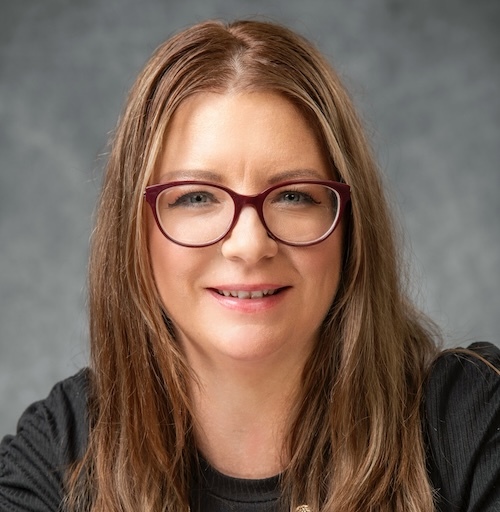URBANA – About 16 % of the 300,000 English learners in Illinois are taking public school classes to become bilingual in both their first language and English.
Few of those schools are fully multilingual. One is in Champaign and after years of debate, Yankee Ridge Multilingual Elementary School opened in Urbana earlier this month.
IPM education reporter Emily Hays spoke with the principal, Patricia Valente, after her first few days of school.
HAYS: What are you most excited about from your first week of school so far?
VALENTE: I’m really excited that every staff member is going above and beyond what their role is. They’re super stoked and super excited to be here. For me, I just love being around like-minded people. It’s really refreshing, because I’ve been doing this for 20-some years. I started as a bilingual teacher, then a coach and then a multilingual director, and to be able to be in a building where we all have a similar lens that we’re looking through is really powerful. Finally [people] that were separated into three different schools are now all together. It’s like a big family reunion. People are super collaborative. I couldn’t ask for anything else.
HAYS: How do you handle having these two main multilingual tracks? One is where students are learning English and Spanish and the other people are learning English and French.
VALENTE: So far, we’ve only really been community-building with staff. That’s where it starts. They’re integrated with teams where each of them have a voice in communicating their thoughts and their ideas. They’re learning about each other, who they are. Being able to value each other’s person and being, you are more likely to reach out.
A lot of our teachers are pretty strategic in making sure that we include other teachers in conversations, “Don’t forget, so and so. We need to include them.” When we make schedules, or when we do grade level collaboration, we’re thinking about, do we have everyone at the table? And if someone forgets, someone else remembers.
HAYS: The teacher shortage is most acute among special education and dual language teachers. What do you think can be done, perhaps at the state level, to ease that problem?
VALENTE: If Illinois can continue to fund alternative ways that districts can pay for education for TA’s [teaching assistants] or high school students, that’d be greatly appreciated. The visiting teacher program has been a really amazing program. We’ve connected with teachers from Spain. There are other sponsors, like Greenheart, that also bring teachers from Argentina and the Dominican Republic.
Another thing the state of Illinois can do is provide more funding so that we can raise salaries, to be able to provide stipends for the hard-to-fill positions. We are doing that now in Urbana, but if they can continue to provide funds that can help support enticing or encouraging teachers to come over to get the training that they need or want is also really important.

